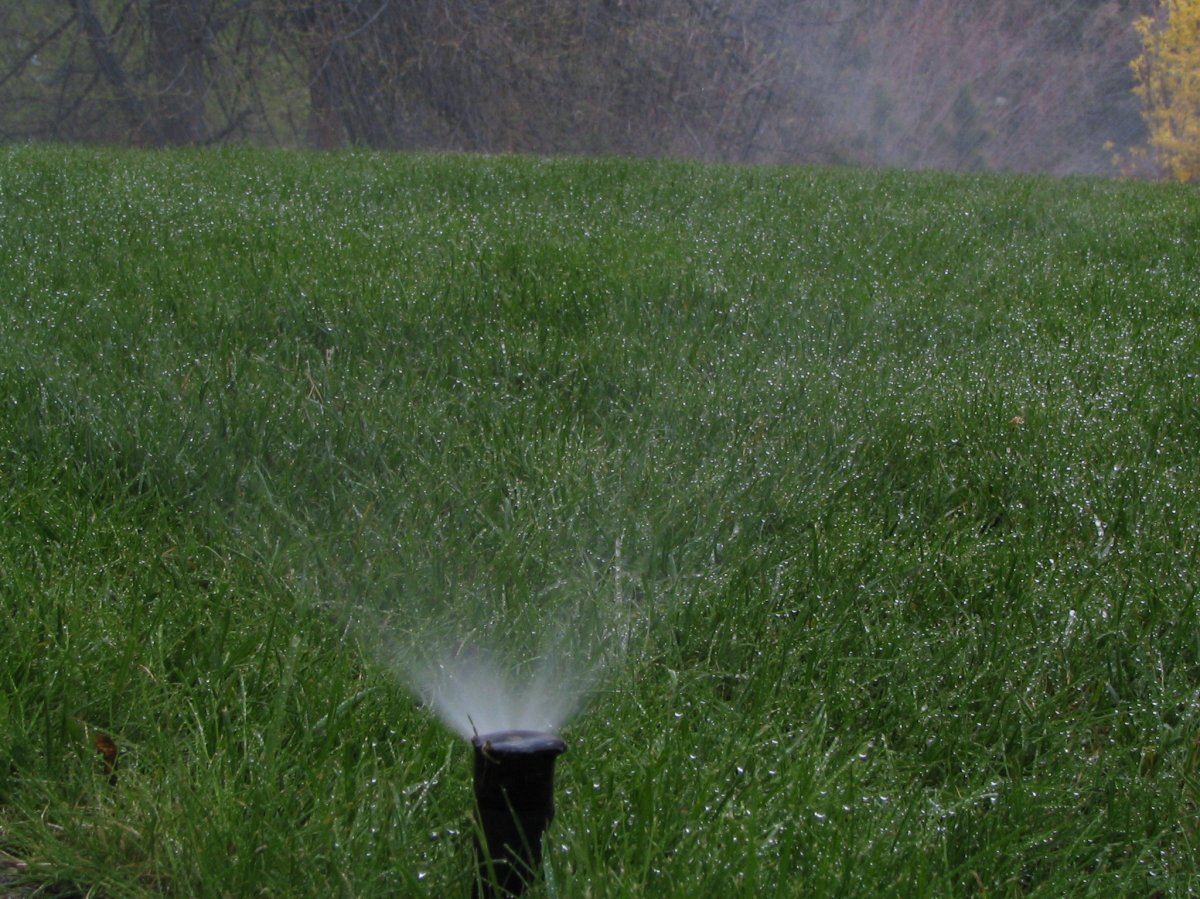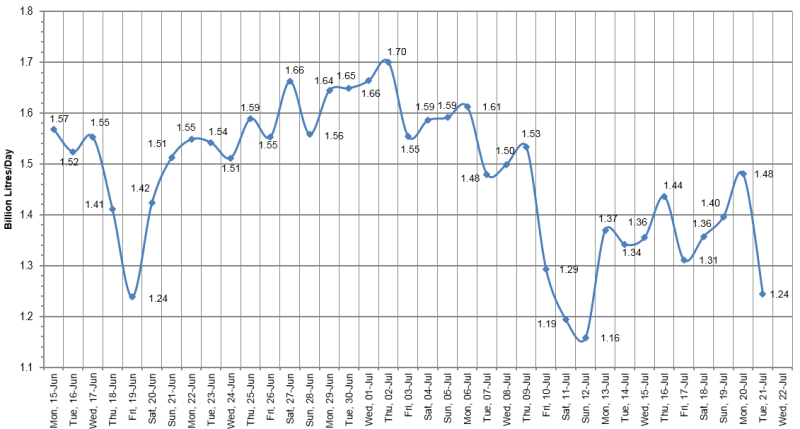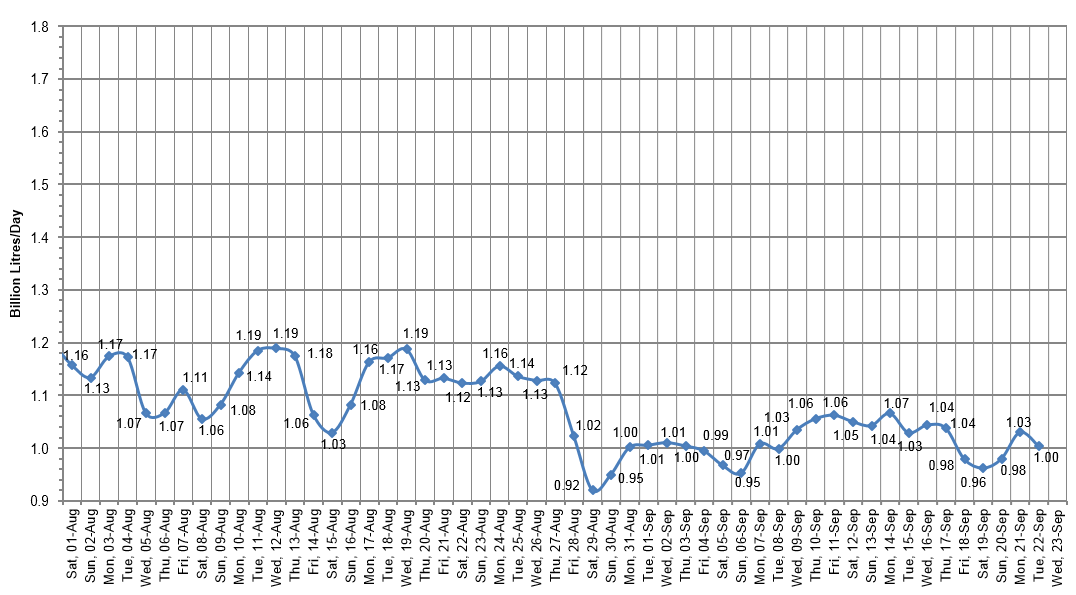Jane Hambrook has been a gardener all her life.

She maintains a garden outside her building at Bute and Barclay in Vancouver’s West End, which is enjoyed by many in her neighbourhood and has become a bit of a fixture.
But with Metro Vancouver moving into Stage 3 water restrictions this past July, Hambrook says people’s attitudes have definitely changed.
“I could not go out into this yard at any time during the drought season, particularly when the restrictions got strict, without getting assaulted,” says Hambrook.
Hamrbook says she has been glared at, verbally assaulted and aggressively yelled at by complete strangers, questioning why she is watering her plants when the city’s water reservoirs are drying up.
Terrified to venture into her garden, she says she had to give up on watering her plants regularly, even though Stage 3 water restrictions allowed it.
“It is plain and simply traumatizing. The public’s perception is far more traumatic that it really needs to be,” says Hambrook.
An extensive stretch of dry and hot weather around the province this summer brought a costly wildfire season, along with numerous fire and fishing bans.
In Metro Vancouver, the unusually dry summer led to Stage 3 water restrictions, which limited much of lawn sprinkling, surface washing and public fountain use.
The City of Vancouver even encouraged residents to tattle on their neighbours if they were seen watering their lawn during the ban and on social media, hashtags like #yellowisthenewgreen and #grasshole further propagated “social shaming” of people and neighbourhoods that violated water restrictions.
But while severe water restrictions seemed to rile up many people in Metro Vancouver, how much did people’s attitudes toward water conservation really change?
Conservation Advisor and Watershed Watch’s past Executive Director Craig Orr calls it a “teachable moment” for British Columbians.
It takes a crisis to get people to change their ways, but despite the unprecedented levels of awareness, Orr says he does not think we have reached rock bottom yet.
“We are getting to a point where it is inconveniencing people,” he says. “And when it becomes more personal to people, they are starting to recognize that water is a finite resource, but I think the crisis is going to deepen before we see a change in behavior.”
Kim Stephens with the Partnership for Water Sustainability in BC says now is the time to keep the issue of water conservation afloat.
“For the most part, people just don’t think about it. Yes, there is a heightened awareness, but people forget really quickly.”
Because so many people were affected by water restrictions in one way or another, Stephens says it is the key to keeping the momentum necessary to make changes going.
But despite greater awareness, the caveat, Orr says, is that unless there is continued reinforcement, that momentum may completely diminish.
“When the rain starts, people will subconsciously think — it is ok now. A severe condition like the drought is critical to achieve a critical mass of awareness.”
At the peak of this summer’s water crisis, Metro Utilities Committee chair Darrell Mussatto set 1.2 billion litres as the daily water use threshold that the region simply could not go above if our water reservoirs were to carry us through the rest of the year without water shortages.
It seems, by and large, Metro Vancouver residents listened.
Comparing the Metro Vancouver daily water consumption in June/July to that in August/September, the numbers speak for themselves. Metro Vancouver stayed under the 1.2-billion-litre benchmark since the Stage 3 restrictions were imposed.
Table 1. June/July water consumption in Metro Vancouver
Table 2. August/September water consumption in Metro Vancouver
Source: www.metrovancouver.org
“There are still some people who think we have an unlimited supply of water, but I think people now realize there are limits to our water and that we are not immune to these types of situations,” says Mussatto. “It showed that we are a resilient region.”
In early September, Metro Vancouver moved to Stage 2 restrictions. They were downgraded to Stage 1 on Tuesday because recent rain helped to stabilize Capilano, Seymour and Coquitlam water reservoirs at approximately 60 per cent of their storage capacity, which is typical for this time of year.
Going forward, Mussatto says they are going to have to go back and do some re-modeling to determine if the region can deal with a rain-less stretch of weather as long as six months.
Right now, everything is on the table, but the committee will be entertaining ideas like bringing in restrictions sooner and universal water metering.
“It will be a great learning experience for us,” says Mussatto. “This may be our new normal. We may see this situation again in the future.”







Comments